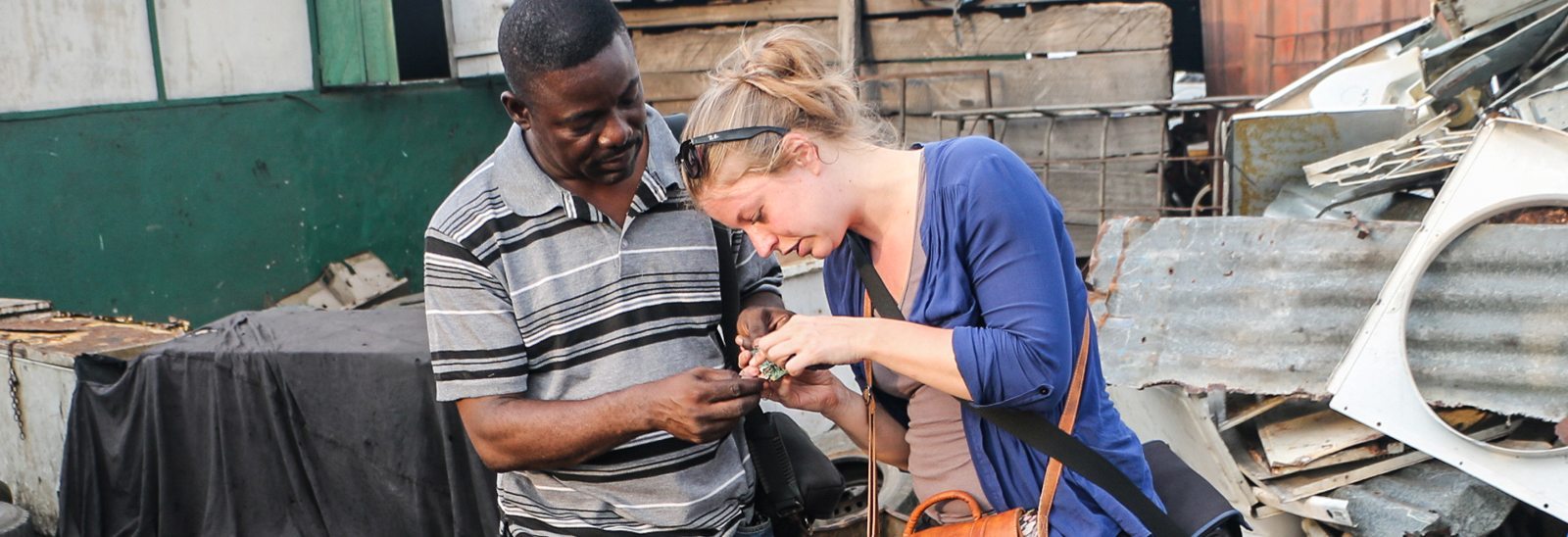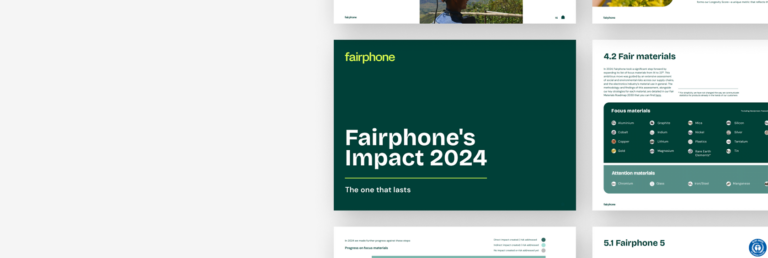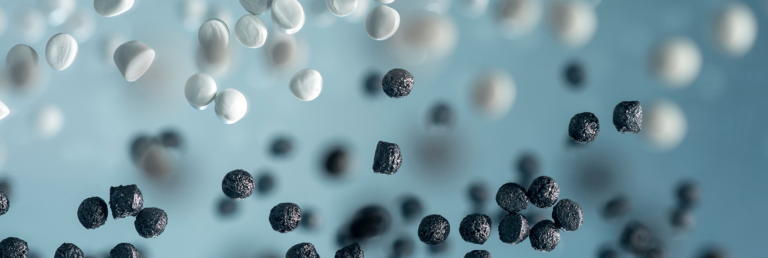How we’re tackling e-waste with the Fairphone 2
With the launch of the new Fairphone 2, the phone itself has gained significant attention for a few of the groundbreaking features that make it more ethical — especially the modular construction and replaceable parts. But these design decisions are just one part of a bigger story: our ambitions to consider and improve the entire life cycle of smartphones.
We’re working to understand how electronic waste (e-waste) is created, how we can minimize it, and what happens to it when it’s recycled or disposed of. And with the Fairphone 2, we can take our ambitions for tackling e-waste even further. With the Fairphone 2, we are continuing to address and expand upon the life cycle initiatives started with the Fairphone 1. Keep reading to learn how purchasing a Fairphone contributes to improvements throughout the entire life cycle of mobile phones – one step at a time.
Designed to extend lifespan, increase repairability and reduce e-waste
As an organization that creates phones, we recognize that eventually our products will also reach the end of their lives. But by looking at the whole picture from materials and components to production and repair, we’re working to find innovative ways to minimize the amount of e-waste we create, plus ensuring that the phone stays in working order for longer to keep it out of the bin as long as we can.
With the design of the Fairphone 1, we started by leaving the charger out of the box, because most people already have these accessories at home. This decision eliminated the need to produce thousands of unnecessary chargers — effectively saving close to 40,000 kg CO2 emissions that would have been generated by the manufacturing process.
We also began offering spare parts like the battery, display assembly and more to encourage people to repair their broken phone instead of upgrading to the latest model or sending it in for repairs (for additional CO2 savings). And we added features like dual SIM and expandable storage to make the phones more convenient for their initial owners, plus more suitable for the secondhand market.
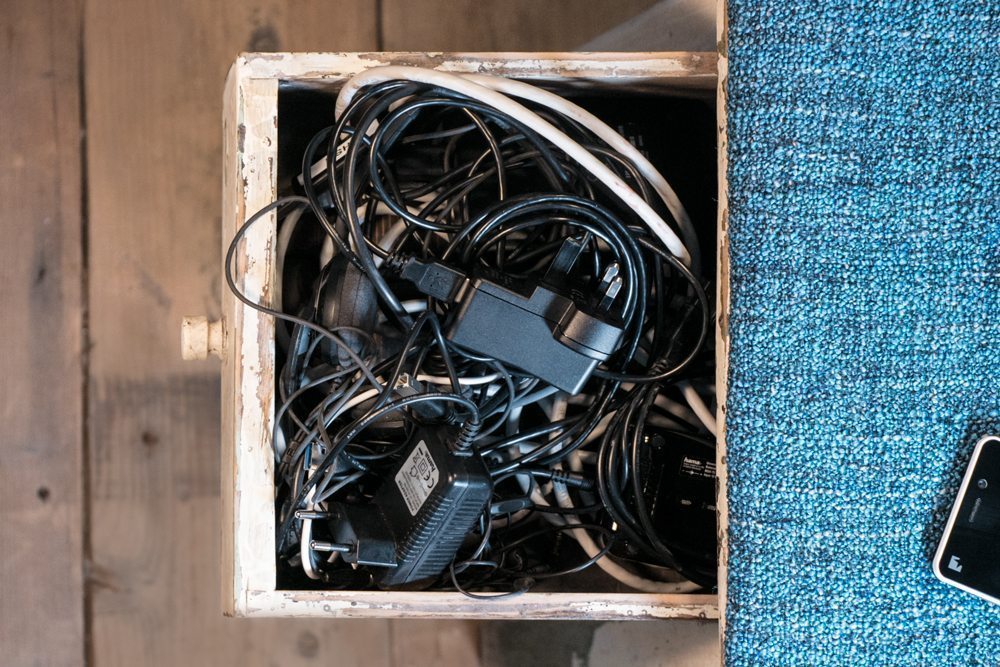
Besides keeping the phone working for longer, the modular architecture and expansion port offer the potential to upgrade your Fairphone in the future – with new capabilities or better components, for example – to ensure your phone stays useful and doesn’t need to be replaced as quickly. Our goal is to increase the average time someone keeps a smartphone from two to five years.
Expanding our e-waste initiatives in Africa
Product design is just one part of our pursuit to reduce e-waste. To support the entire life cycle of mobile phones, we need to ensure that the right infrastructure and processes are in place to deal with phones that are no longer usable – even if they are not our own.
Despite regulations like WEEE regarding electronics disposal in Europe, the sad fact is that much of the world’s e-waste ends up in countries that lack proper recycling facilities. Here it’s often recycled by the informal sector, which has devastating consequences for the health of the local communities, as well as the environment. Thanks to the support of Fairphone 1 owners, we started addressing this issue by partnering with Closing the Loop and Recell Ghana, and together collected 3 tons of waste phones in Ghana and shipped them to Belgium for safe recycling. This process resulted in reclaiming a variety of metals that could re-enter the market, including 279 kg of copper and 2.68 kg of silver.
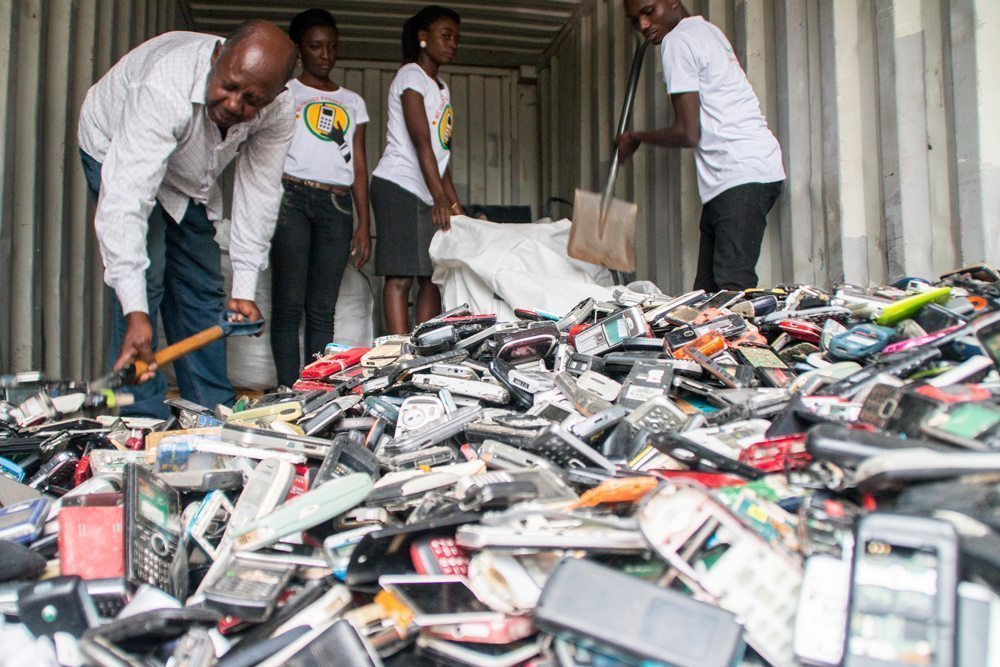
New solutions for innovation in e-waste
E-waste is a massive issue that can’t be solved by Fairphone alone. But we’re slowly exploring new solutions and finding ways to innovate with the goal of stimulating the industry as a whole. And as we start selling an increasing number of spare parts, we’re also working to create ways to encourage people to return their used/broken Fairphone parts and modules.
Later this year, we’ll update you in greater detail on the projects outlined above. In the meantime, don’t hesitate to share your feedback or ideas in the comments below.
